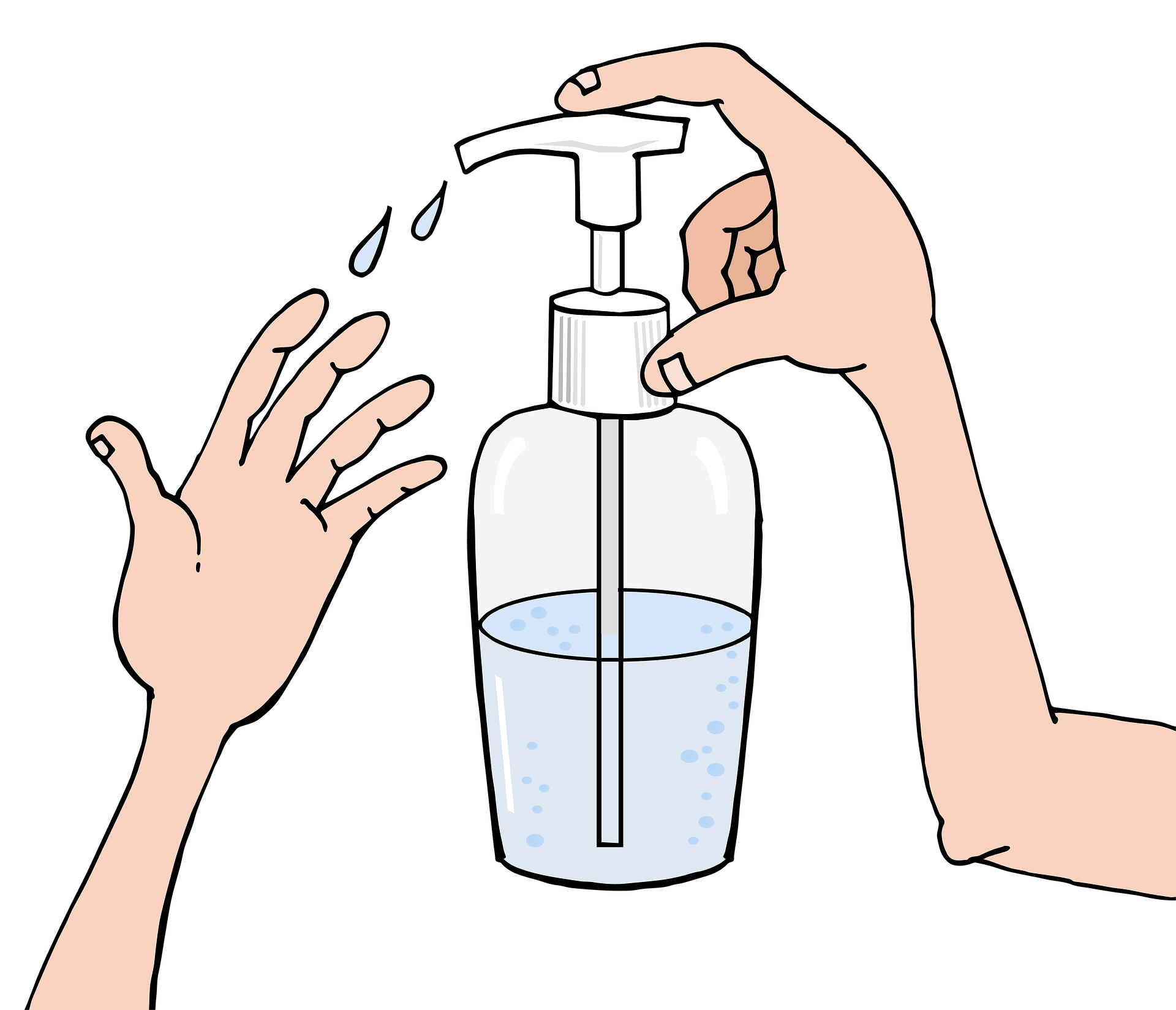Informal leadership - influence, opportunities and risks in everyday elderly care
This article is translated with AI and written based on Swedish conditions. Hopefully, it can inspire those interested from other countries.
In workgroups at nursing homes, an informal leadership often arises - individuals who do not have a formal managerial role but who still have a significant influence over the work climate, routines, and atmosphere. This informal leadership can be an invaluable support for colleagues and management, but it can also lead to a culture of silence, unhealthy norms, and resistance to changes.
Understanding and actively working with informal leadership is an important part of a secure and well-functioning team.
What is informal leadership?
Informal leadership arises when a person in the group gains great trust and influence without having any formal leadership role. This could be an experienced nursing assistant who others turn to for support and guidance, or a person with strong opinions who directs the group's attitudes and behaviors.
Informal leadership often builds on personal charisma, social competence, experience, or strong loyalty from colleagues.
The positives of informal leadership
Informal leaders can have a very positive role in the operation:
- Creates security and cohesion - A secure and responsive informal leader can contribute to a good atmosphere and support new colleagues.
- Acts as a bearer of culture and knowledge - Long experience and good knowledge of the operation make informal leaders important resources.
- Facilitates communication - Sometimes messages get through better when they come from a colleague who you trust.
- Faster decisions in everyday life - In some situations, an informal leader can relieve managers by pushing practical issues forward.
When informal leadership becomes problematic
Informal leadership is not always positive. In some cases, it can:
- Counteract changes - If an informal leader is negatively disposed to new ways of working or guidelines, the whole group can be affected.
- Create a culture of silence - Employees who perceive that "everything is already decided" or that certain opinions are not welcome may refrain from speaking out.
- Weaken the formal leadership - If staff choose to listen more to an informal leader than their manager or coordinator, the structure becomes unclear.
- Negatively affect the work environment - In the worst case, negative informal leadership can lead to ostracism, conflicts, or employees leaving.
Signs of negative informal leadership
There are several ways to notice when informal leadership risks becoming destructive:
- One person sets the agenda in the work group regardless of what the manager says.
- New staff quickly adapt to "how things are done here" rather than to routines and guidelines.
- Employees avoid contradicting a certain colleague.
- Resistance to changes gathers around one or a few people.
- Feedback to the negative informal leader is not received or is met with contempt.
How to handle negative informal leaders?
To create a healthy work environment, management needs to work strategically to identify and manage informal power structures.
Build relationships and understand influence
Get to know your employees and observe how the group functions. Who do people listen to? Who speaks up in meetings? Who do others turn to for support?
Have the conversation early
If you perceive that someone is negatively influencing the group - act early. Ask the person for a private conversation and express your experience. Ask how the person sees their role in the work group.
Strengthen the positive informal leadership
Support those who want to contribute with good influence. Give them responsibility in, for example, the supervision of new colleagues or work environment work.
Clarify responsibilities and roles
When it is unclear who decides what, informal structures arise. Clarify the responsibilities of the manager and coordinator in everyday life.
Create a culture where everyone gets a say
Work actively with open meetings, reflection, and team discussions where all perspectives are heard. A strong group takes responsibility for its common culture.
Provide regular feedback
Have individual conversations with all employees and talk about their influence in the team. It helps to create awareness of their own leadership - formal or informal.
Be consistent
If an employee undermines the manager or colleagues, there need to be consequences. Not acting risks exacerbating the situation.
Get help if needed
If informal leadership has become a workplace problem, seek support from HR or an external supervisor.
Reflection Questions - Informal Leadership
Care Staff:
- Are there people in the group who influence how you operate, without having a formal role?
- How do you handle it if a colleague opposes new routines or guidelines?
Manager, Nurse, Occupational Therapist, and Physiotherapist:
- Are you aware of who has a strong informal influence in the team?
- What do you do to highlight positive leadership and counteract negative?
Residents and Next of Kin:
- Does the treatment feel different depending on which staff are working?
- Have you experienced that some employees control conversations and situations more than others?
Erland Olsson
Specialist nurse
Sofrosyne - Better care every day

Aktuellt i media
- 2026-02-02 04:00 19 Samhället utanför
- 2026-01-29 11:10 01 Kvalitet
- 2026-01-26 04:00 03 Ledarskap
- 2026-01-23 04:00 03 Ledarskap
- 2026-01-19 04:12 14 Läkemedelshantering
-
2026-01-08 04:00
13 Hygien
By changing work clothes at least once a day, the risk of spreading infection decreases.
info Foto: Mostphotos
Foto: Mostphotos






